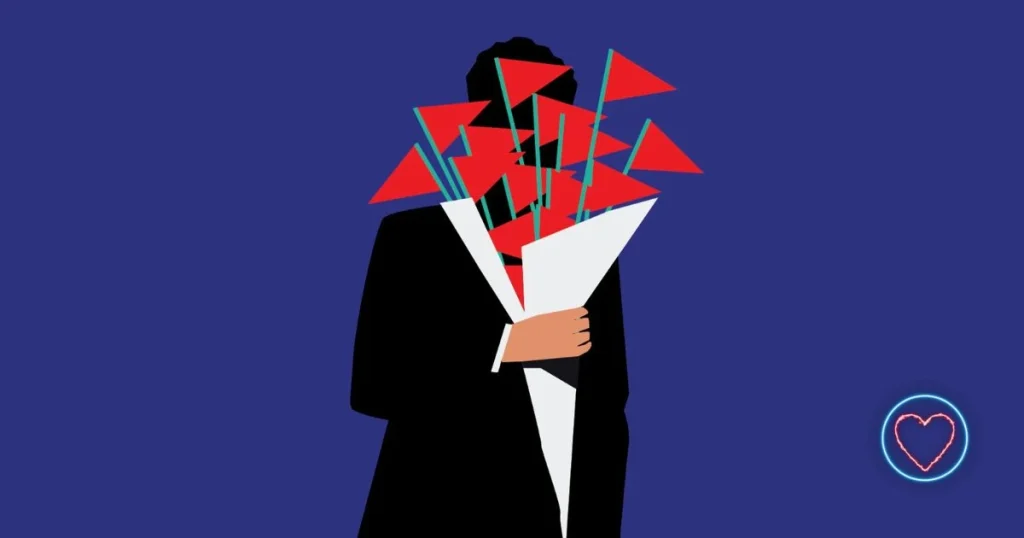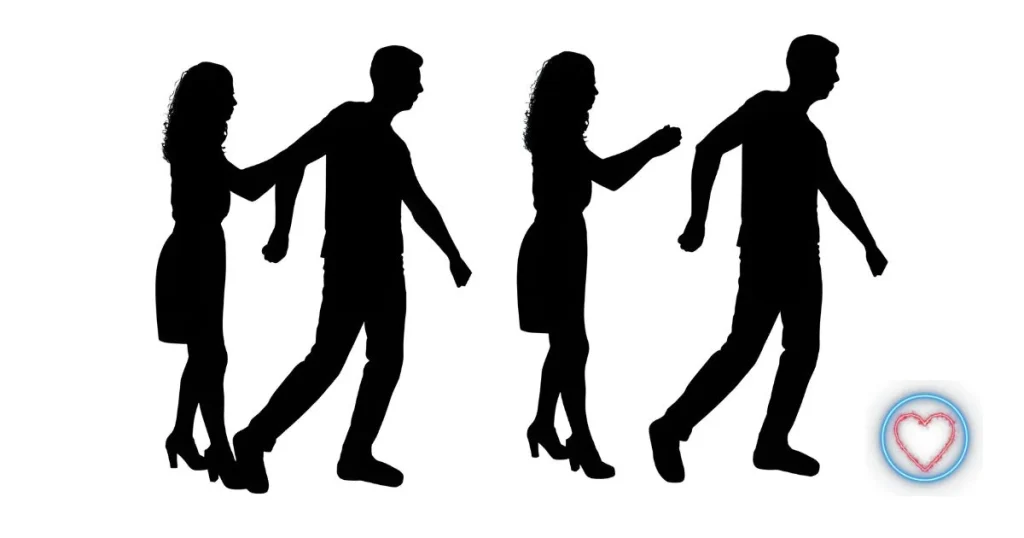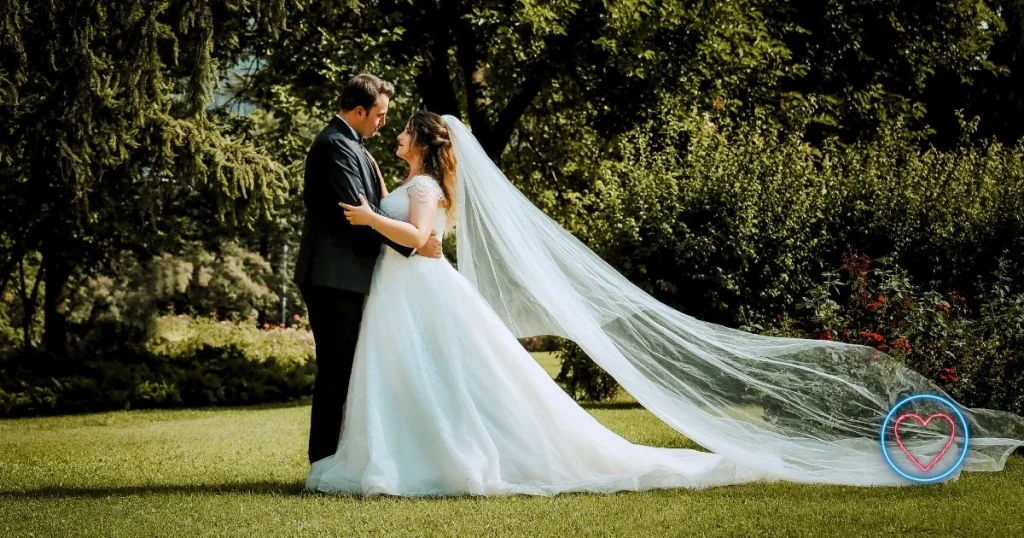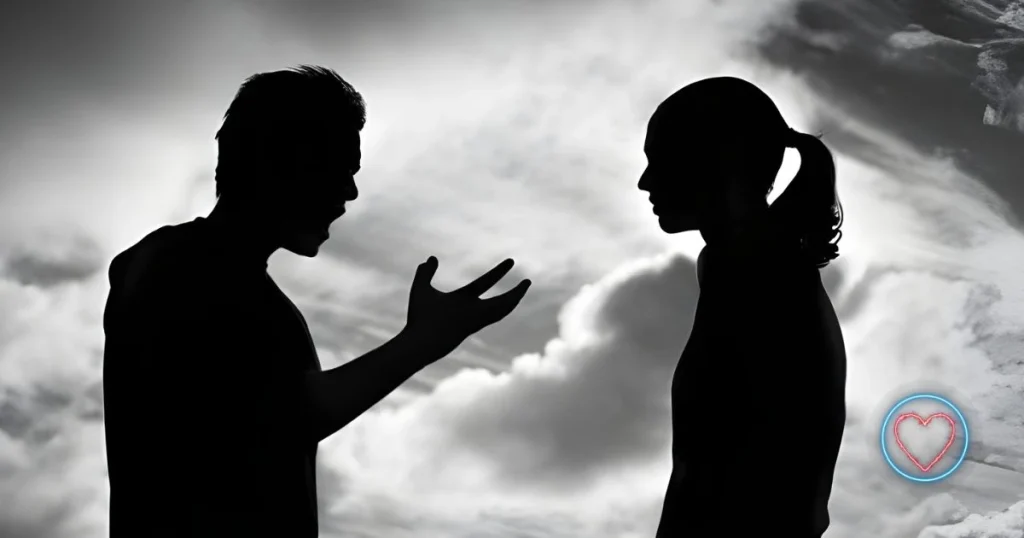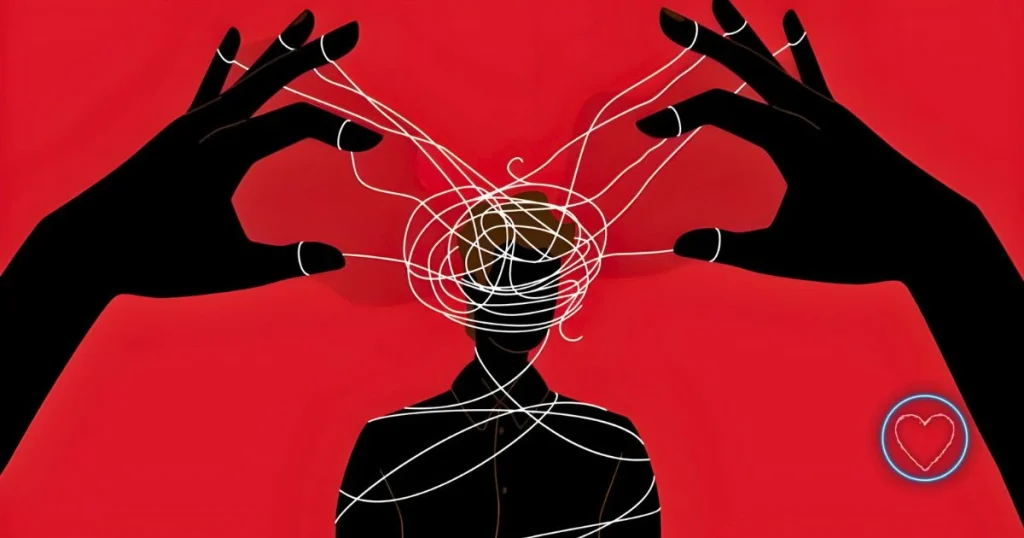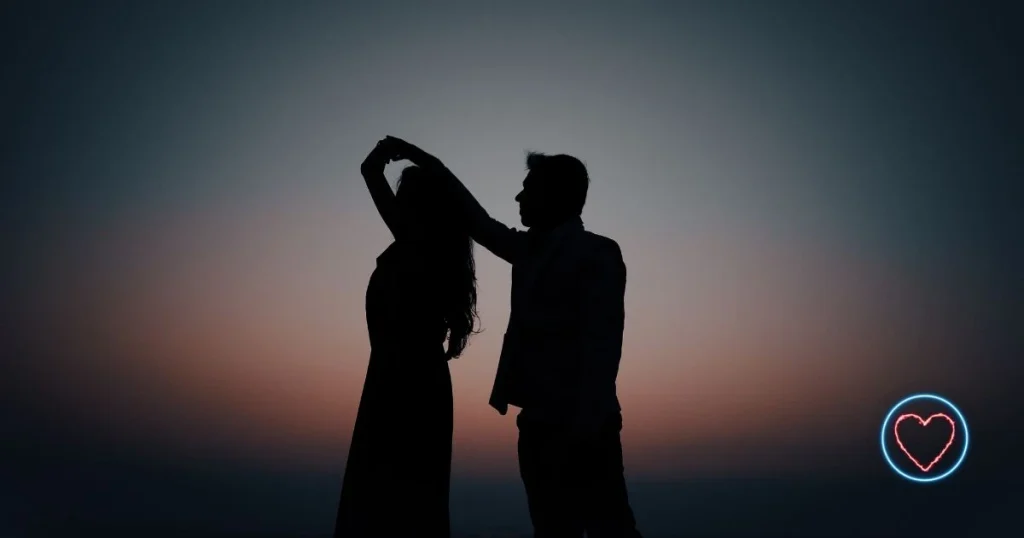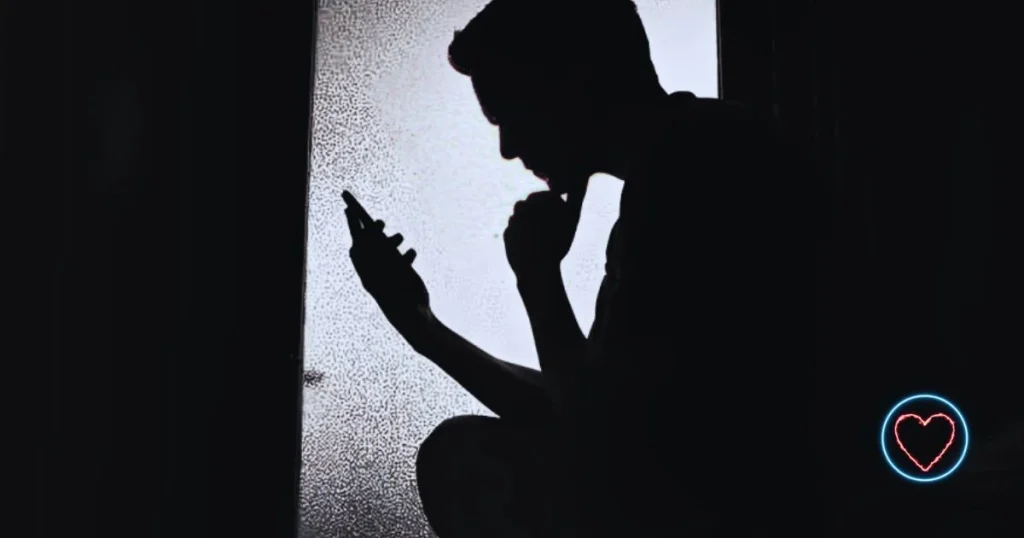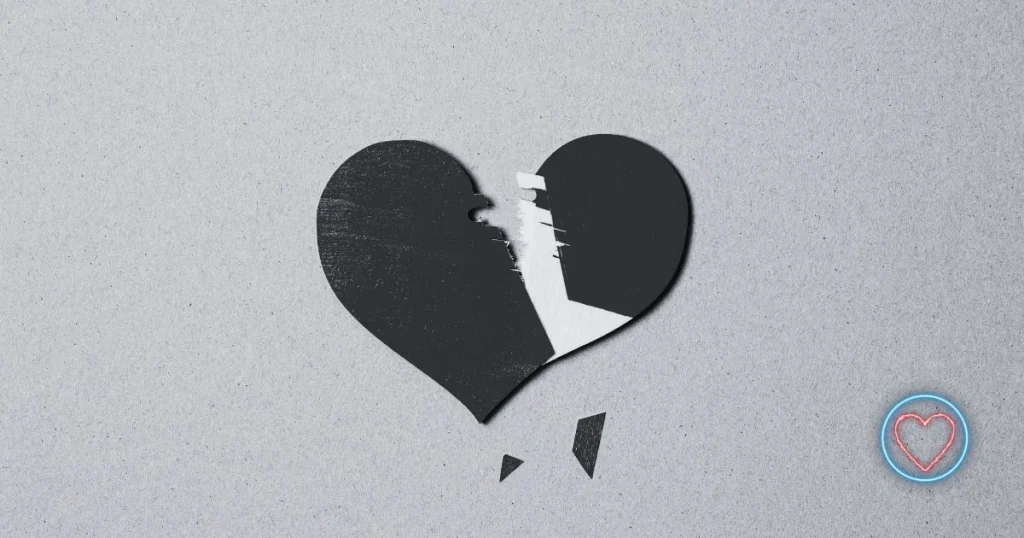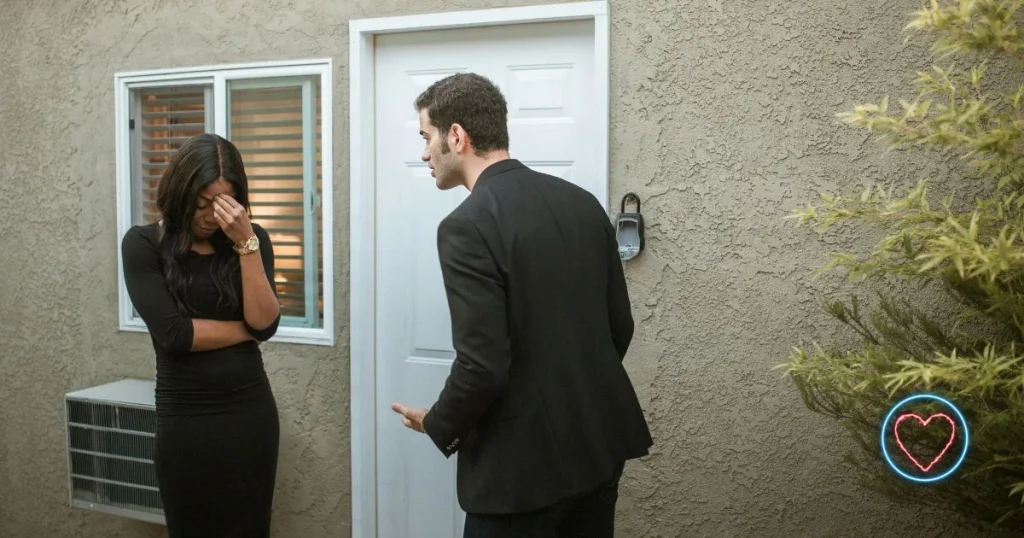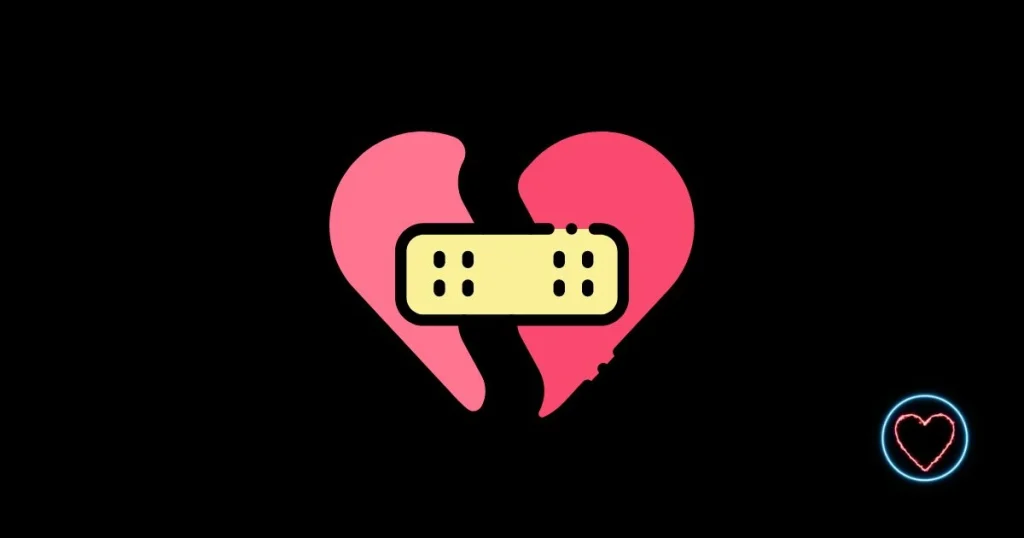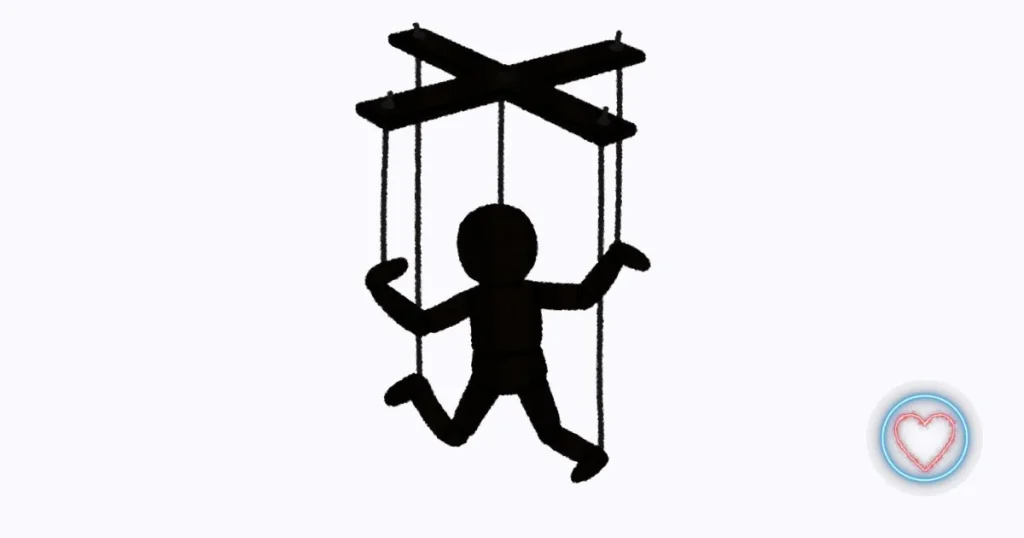The first 30 days of dating someone new can feel magical. There’s excitement, chemistry, and the thrill of potential. But amidst the butterflies, it’s crucial to keep your eyes open for warning signs—those subtle (and not-so-subtle) clues that something may be off. While early dating is often filled with optimism, it’s also when many red flags first appear.
Ignoring these early warning signs can lead to deeper emotional entanglements, heartbreak, or even toxic relationship patterns. Below are 10 major red flags you should never overlook in the first 30 days of dating.
1. They’re Inconsistent With Communication
In the early stages, someone genuinely interested in you will make a consistent effort to stay in touch. If their communication is erratic—texting nonstop one day and disappearing the next without explanation—it could indicate:
- A lack of genuine interest
- They’re dating multiple people
- They only reach out when it’s convenient for them
Inconsistent communication may not seem serious at first, but it’s often a sign of emotional unavailability or poor relationship habits.
Red flag check: If you’re constantly unsure of when or if they’ll respond, it may be a sign you’re being breadcrumbed or strung along.
2. They Avoid Defining the Relationship
While it’s too soon for commitment in the first month, a complete avoidance of conversations about intentions is concerning. If you ask what they’re looking for and they respond with vague answers like “just seeing where it goes” or “keeping it casual for now,” take note.
People who dodge defining the relationship may be:
- Emotionally unavailable
- Not looking for anything serious
- Keeping you as a placeholder
Red flag check: If they avoid clarity while still expecting your emotional or physical exclusivity, it’s time to question their motives.
3. You Haven’t Met a Single Friend or Seen Their Life Outside of Dates
Someone serious about you will slowly start integrating you into their world. If you’ve been seeing each other for weeks but haven’t met any friends, don’t know where they live, and they avoid introducing you to anything outside date night, that’s a problem.
This could signal:
- They’re hiding something (another partner, a messy situation)
- They’re emotionally compartmentalizing you
- They’re not taking the connection seriously
Red flag check: If they disappear after the date and reappear with no context, you may be part of a secret second life.
4. They Talk Badly About All Their Exes
We all have relationship baggage, but if someone consistently refers to their exes as “crazy,” “toxic,” or “psychos,” without acknowledging their own role, it’s a major warning sign.
Why it’s a red flag:
- It shows a lack of accountability
- They may have a pattern of failed relationships due to poor emotional management
- You could be next on the “crazy ex” list
Red flag check: Listen to how they describe past relationships—it often reveals how they handle conflict and responsibility.
5. They Pressure You to Move Fast
Love bombing is real, and it’s dangerous. If someone is declaring love, pushing for exclusivity, or talking about a future together before you really know each other, it’s not romantic—it’s a red flag.
People who rush into intimacy may be:
- Trying to manipulate you
- Emotionally needy or unstable
- More interested in controlling than connecting
Red flag check: If they say “I’ve never felt this way before” or “I can’t live without you” in week two, proceed with caution.
6. Your Gut Says Something Feels Off
Your intuition is a powerful tool. If you find yourself constantly feeling anxious, unsure, or like something isn’t quite right—even if you can’t pinpoint what—it’s important to pay attention.
Often, our subconscious picks up red flags before our logical brain does. These feelings could stem from:
- Inconsistent behavior
- Subtle manipulation
- Emotional distance
Red flag check: If you’re constantly overanalyzing or seeking reassurance, your instincts may be waving a warning flag.
7. They Never Ask About You
One-sided conversations are a sign of emotional self-centeredness. If they dominate every conversation talking about their job, their past, and their opinions—but rarely ask about your life—it may be a sign of:
- Narcissistic tendencies
- Low emotional intelligence
- A lack of genuine interest in you as a person
Red flag check: If you feel like a sounding board instead of an equal partner, it’s time to reevaluate.
8. They Disrespect Your Boundaries
Boundaries are crucial, especially early on. If you express a need (time, space, pace of physical intimacy), and they:
- Guilt-trip you
- Ignore your boundaries
- Try to persuade you to change them
…that’s not just inconsiderate—it’s manipulative.
People who respect you will respect your boundaries. Those who don’t are showing you exactly how they’ll treat your emotional, physical, and mental needs long-term.
Red flag check: Watch how they respond to “no”—it’s one of the clearest tests of character.
9. They’re Emotionally Unavailable or Detached
Some people are great on paper—funny, attractive, successful—but emotionally distant. If your conversations stay surface-level or they avoid vulnerability, you might be dating someone who isn’t ready for intimacy.
Signs of emotional unavailability:
- Avoiding eye contact during serious moments
- Changing the subject when you talk about feelings
- Joking their way out of emotional depth
Red flag check: If you feel emotionally alone in the relationship, even though you spend time together, that’s not a good sign.
10. They’ve Already Crossed One Major Trust Line
Whether it’s a small lie, flirting with someone else, or going silent for days without explanation—if trust is breached in the first 30 days, it’s a major red flag.
Trust violations this early often predict:
- Dishonesty down the road
- Lack of respect for your feelings
- Unstable relational patterns
Red flag check: Early betrayals aren’t “mistakes”—they’re glimpses of what’s to come.
Why We Ignore Red Flags (Even When We See Them)
You might wonder, why do so many people ignore red flags in the first month of dating?
Some common reasons include:
- Fear of being alone: We’d rather cling to potential than face solitude.
- Attachment hunger: Early chemistry tricks us into overlooking flaws.
- Hope for change: We assume red flags are temporary, not persistent.
- Over-romanticizing: We focus on what we want it to be instead of what it actually is.
The truth? Red flags usually don’t go away—they grow.
How to Handle Red Flags With Maturity
Spotting red flags doesn’t mean ghosting or immediately cutting someone off (unless the behavior is abusive or manipulative). Here’s how to handle them:
- Name it clearly – “I noticed you went quiet for a few days. Is that your usual communication style?”
- Ask for clarification – “I’d like to know where your head is at in terms of dating right now.”
- Set a boundary – “I’m not comfortable with that pace. I prefer to take things slower.”
- Watch their response – People who value you will listen. People who don’t will react defensively or disappear.
You don’t need to be perfect or overly cautious. Just be aware. Your emotional well-being is worth protecting.
Final Thoughts: Your Future Self Will Thank You
The first 30 days of dating lay the foundation for the relationship that follows. While it’s normal to feel swept up in the excitement, it’s also the most important time to observe.
How someone shows up in those early days often reflects who they truly are. Don’t let chemistry cloud character. Don’t ignore what your gut already knows. And most of all—don’t be afraid to walk away from someone who’s showing you they’re not ready, not honest, or not aligned with your values.
Remember: the right person won’t make you question your worth, your boundaries, or your sanity.
If a red flag appears, don’t paint it white. Step back, take a breath, and trust that walking away early is an act of self-respect—not fear.
